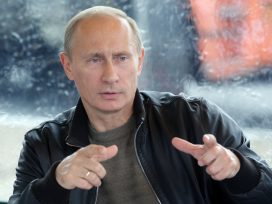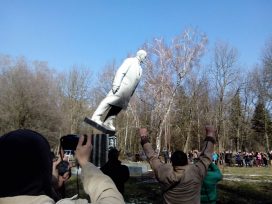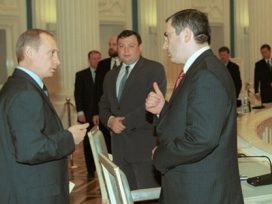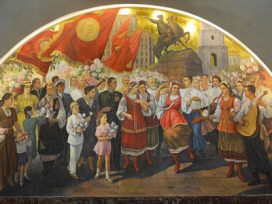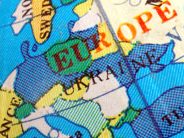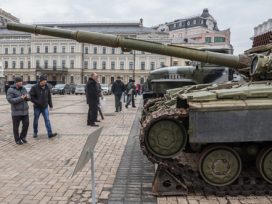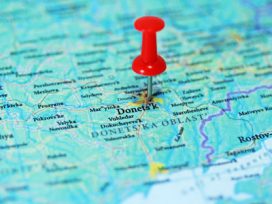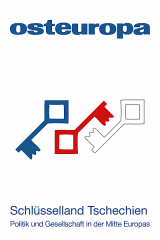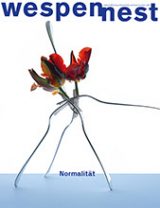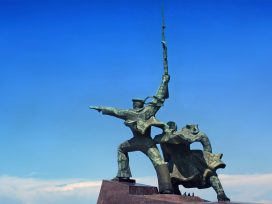
In the shadow of victory
The memory of WWII in the Russian–Ukrainian conflict
Seventy-five years after the end of the Second World War, another war is being fought in its shadow. The ongoing Ukrainian-Russian conflict is fuelled by recycled Soviet cliches. Memory of the victory over fascism, first weaponized by the Kremlin during the Orange Revolution, continues to frame the Russian view of Ukraine.
